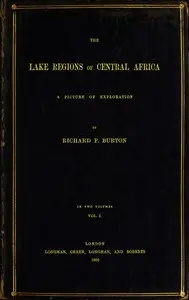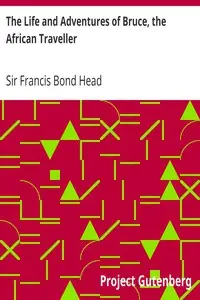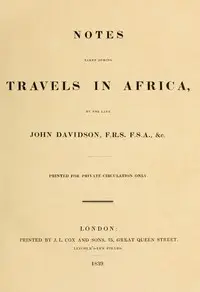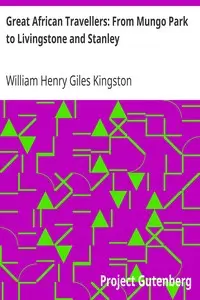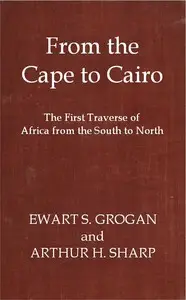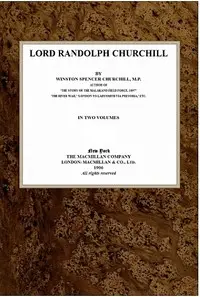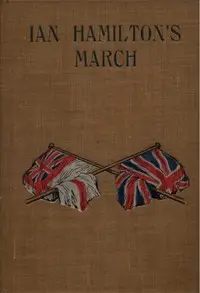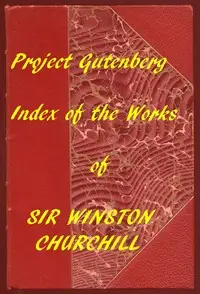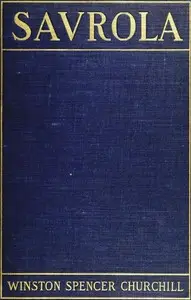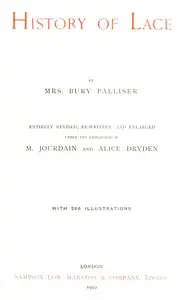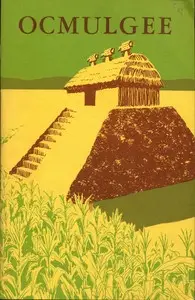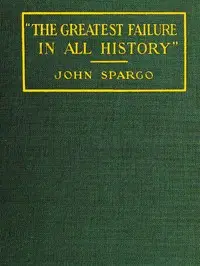"My African Journey" by Winston Churchill is a travelogue that recounts the author's experiences in early 20th-century East Africa. As a blend of soldier, writer, and observer, Churchill navigates the diverse landscapes and cultures of the region, presenting a rich tapestry of geographical exploration and historical context from his perspective. The narrative highlights the contrasts between the vibrant coastal city of Mombasa and the drier inland areas, while also focusing on the ambitious construction of the Uganda Railway as a symbol of British colonial influence. The author explores the challenges of building the railway and captures his respect for the environment, his interactions with the local people, and the intricate politics of colonial governance, crafting a broad story of adventure and reflection on the interactions between civilization, nature, and imperial power.
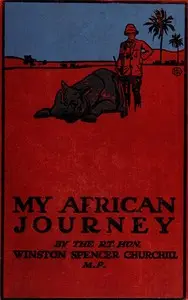
My African Journey
By Winston Churchill
Experience a journey through early 1900s East Africa, where vast landscapes meet colonial ambition and the construction of a railway reveals the complex relationship between civilization and the wild.
Summary
About the AuthorSir Winston Leonard Spencer Churchill was a British statesman, military officer, and writer who was Prime Minister of the United Kingdom from 1940 to 1945 and again from 1951 to 1955. Apart from 1922 to 1924, he was a member of Parliament (MP) from 1900 to 1964 and represented a total of five constituencies. Ideologically an adherent to economic liberalism and imperialism, he was for most of his career a member of the Conservative Party, which he led from 1940 to 1955. He was a member of the Liberal Party from 1904 to 1924.
Sir Winston Leonard Spencer Churchill was a British statesman, military officer, and writer who was Prime Minister of the United Kingdom from 1940 to 1945 and again from 1951 to 1955. Apart from 1922 to 1924, he was a member of Parliament (MP) from 1900 to 1964 and represented a total of five constituencies. Ideologically an adherent to economic liberalism and imperialism, he was for most of his career a member of the Conservative Party, which he led from 1940 to 1955. He was a member of the Liberal Party from 1904 to 1924.

